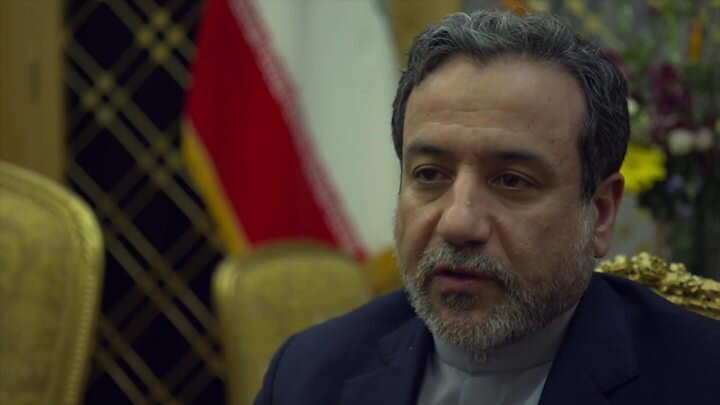Iran opposes Japan’s SDF dispatch to Middle East

Deputy Foreign Minister Abbas Araghchi said on Tuesday that Iran is against Japan’s plan to dispatch Self-Defense Forces to the Middle East.
In an exclusive interview with NHK, he said Tehran is waiting for Japan’s final decision, but it doesn’t believe that the presence of any foreign forces in the region would help boost stability, security or peace.
Araghchi, who had visited Japan ahead of the JCPOA joint commission meeting in Vienna on December 6, said the United States’ policies are the root cause of escalating tension in the Middle East.
The Asahi Shimbun reported on October 18 that Japan is considering dispatching the SDF to areas near the Strait of Hormuz to protect tankers and other vessels on its own, rather than joining the coalition pushed by the Trump administration.
Chief Cabinet Secretary Yoshihide Suga acknowledged at a news conference on Oct. 18 that Tokyo is mulling the option.
Prime Minister Shinzo Abe instructed government officials to consider the dispatch of the SDF independently when he met with the chief cabinet secretary, foreign minister and defense minister at the National Security Council on the afternoon of Oct. 18.
Although Washington is a key ally to Tokyo, Abe is set to opt out of joining the coalition to avoid worsened relations with Iran, an important oil supplier to Japan over many years.
Araqchi said in his meeting with Abe on Tuesday he elaborated on Iran’s position in this regard.
He said Iran is inviting all countries which are affected by developments in the Persian Gulf and the Strait of Hormuz to support Iran’s initiative known as the Hormuz Peace Endeavor (HOPE).
Araghchi also criticized the U.S. for withdrawing from the 2015 nuclear agreement, known as the JCPOA, and imposing “maximum pressure” on Iran.
The top diplomat also said that if Iran cannot benefit from the nuclear deal, the country will certainly take the next step, including the rejection of the International Atomic Energy Agency’s inspections.
U.S. President Donald Trump quit the 2015 nuclear deal, known as the JCPOA, in May 2018 and introduced the harshest ever sanctions on Iran.
After waiting for a full year, Iran said its “strategic patience” is over and started to gradually reduce its commitments to the nuclear deal in response to the U.S. moves.
So far, the Atomic Energy Organization of Iran (AEOI) has taken four steps to cut back commitments in accordance to paragraph 36 of the JCPOA which “allows one side, under certain circumstances, to stop complying with the deal if the other side is out of compliance.”
Iran has repeatedly said if the European parties to the nuclear deal shield its economy from the U.S. sanctions it will reverse its decisions.
NA/PA
Leave a Comment